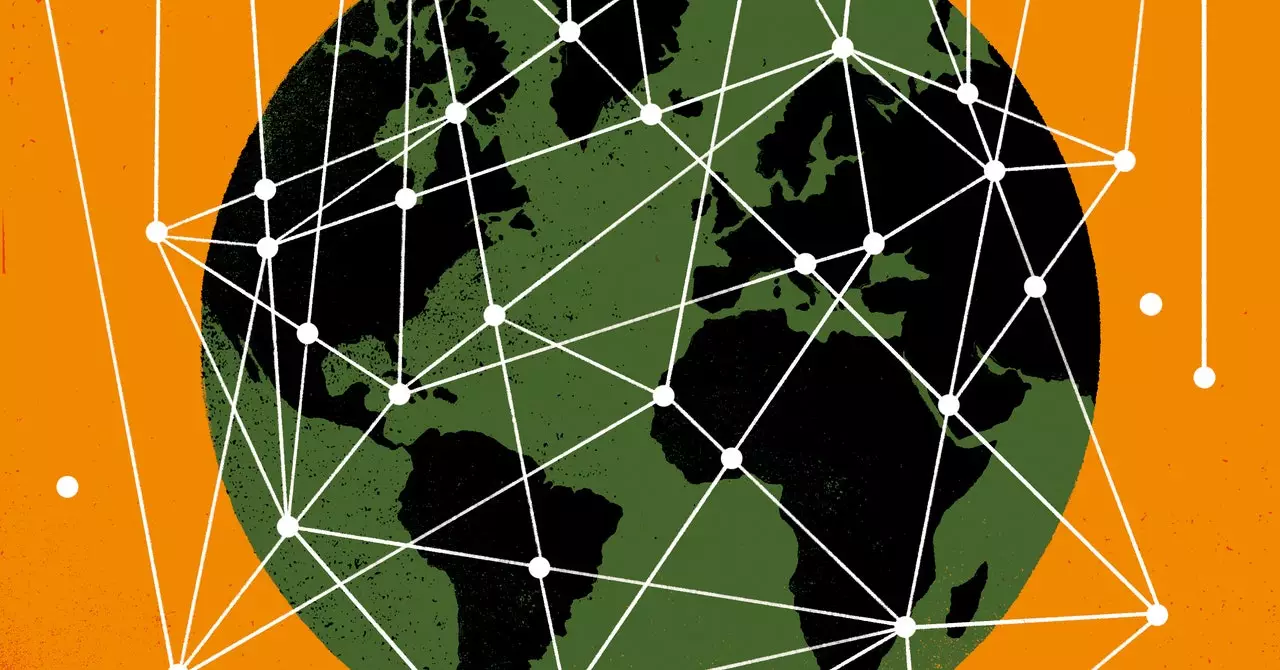In the evolving landscape of artificial intelligence (AI) and global politics, the year 2025 is poised to mark a significant turning point. As nations grapple with the complex implications of advanced technologies, there emerges a growing recognition among leaders that collaboration, rather than competition, will best serve their national interests and contribute to a more positive global future. This article explores the shifting dynamics surrounding AI development and international relations, highlighting the necessity for cooperative frameworks in an increasingly interconnected world.
The years following the introduction of AI systems like ChatGPT have been marked by a dual narrative of excitement and apprehension. On one hand, the rapid surge in investments directed towards AI innovations has created what can be described as a gold rush atmosphere, laden with the promise of unprecedented technological advancements. Conversely, pervasive fears about the ethical implications and potential risks associated with AI have led to a moral panic echoing calls from prominent figures, including Elon Musk and Steve Wozniak, for urgent interventions to regulate AI’s trajectory.
An open letter emerged in 2023 demanding a halt on the development of AI systems surpassing GPT-4 capabilities for six months. This sentiment reflects a broader anxiety rooted partly in comparisons of AI’s potential dangers to nuclear weapons and pandemics, evoking historical narratives of existential threat. Such contrasting views create a complicated backdrop against which political leaders must operate, influencing their actions and rhetoric surrounding AI development.
Amid the competing narratives surrounding AI, a trend of AI nationalism has emerged, wherein countries perceive AI as a battleground for superiority rather than a collaborative opportunity. This sentiment was notably expressed by President Xi Jinping in 2017, whose ambitious plans called for China to emerge as an AI superpower by 2030. Complementary strategies saw initiatives like the Chinese “New Generation AI Development Plan,” aimed at achieving a dominant position in AI innovation by 2025.
In response, the United States has implemented protective measures such as the CHIPs and Science Act, designed to safeguard its semiconductor industry and curtail technology transfers to China. By 2024, the U.S. Treasury Department also proposed restrictions on AI investments in China, reflecting an increasingly defensive posture in the realm of emerging technologies. The narrative of competition propels this approach, emphasizing the need to win the AI race while neglecting the potential advantages of collaborative endeavors to address shared challenges.
Reflecting on historical precedents can provide valuable insights into the contemporary framing of AI development. The Cold War era serves as a pertinent example, illustrating how the U.S. embraced political diplomacy to foster a cooperative spirit in the domain of space exploration. Despite the tensions of that time, successful international agreements transcended national competition, culminating in treaties that promoted the peaceful use of space and ensured it remained the province of all humanity.
However, a similar political leadership in AI has been lacking. The focus on nationalism rather than a unified approach has obscured opportunities for countries to engage collectively in shaping AI’s ethical frameworks and standards. As we look ahead to 2025, there is hope for a revival of diplomacy in global AI discourse.
The upcoming AI Summit in France is set to act as a pivotal platform for reorienting the dialogue from competition to collaboration. Under President Macron’s vision, this conference aims to move beyond narrow discussions of risk management to address actionable solutions and a broader array of policy issues concerning AI’s societal integration. By prioritizing a productive exchange of ideas, the summit holds the potential to reshape international relationships surrounding AI.
Moreover, the United Nations has recognized the need for inclusivity in AI discussions, with initiatives aimed at fostering cooperative approaches among member states. Even U.S.-China relations appear to be inching towards diplomacy, marking a tentative yet crucial step towards cooperative engagement on AI matters.
As the world approaches 2025, the trajectory of AI development and geopolitical relations remains uncertain. However, what is clear is the imperative for nations to prioritize dialogue and diplomacy over nationalism, embracing collaborative frameworks to navigate the complex challenges posed by AI technologies. With intelligent cooperation on the horizon, the global community stands at the threshold of turning AI from a source of division into a force for collective benefit. By engaging in thoughtful collaboration, world leaders can ensure that AI serves humanity as a tool for advancement rather than a catalyst for conflict.

